Gilles Deleuze, a French philosopher, critiques Western representation and proposes a political ontology of becoming, challenging traditional dichotomies. He advocates for a fluid and liberated concept of subjectivity, rejecting Western notions of subjectivity as transcendental. Deleuze criticizes the transcendental framework of Christian theology and instead offers a radical materialist theology. This perspective validates everyday experiences and affirms the potential of life.
Major Works of Gilles Deleuze
Gilles Deleuze studied philosophy at the Sorbonne and taught from 1953 to 1969. His work, including "Empiricism and Subjectivity," reflects his philosophical inclinations within Western thought. He published several influential books, notably "Anti-Oedipus" and "A Thousand Plateaus," and collaborated with Félix Guattari on works such as "Francis Bacon" and "Cinema." In 1991, Deleuze published "What is Philosophy?" and a short essay titled "Immanence: A Life" in 1995.
Deleuze aimed to explore the politics surrounding the Western philosophy of ontology, arguing that it has been shaped by "identitarian" traditions that overlook the concept of difference. He criticized the Kantian-Hegelian tradition of transcendentalism and instead drew on the ideas of Spinoza, Leibniz, Hume, Nietzsche, and Bergson to develop materialist concepts of virtuality and multiplicity in the formation of subjects. His philosophy of difference is rooted in Spinoza's notion of univocity in ontology, which allows for differentiation through multiplicities and singularities.
Deleuze believed that the world is a chaotic universe made up of divergences, bifurcations, and complex elements. He is known for his Marxian perspective, which posits that human material activity contributes to specific arrangements of thought and matter. Additionally, Deleuze examined the effects of neo-capitalism and micro-fascism on human bodies and subjectivities, proposing a political program aimed at transforming individual subjectivity, society, and ecology through collective experimentation with production and desire.
Major Concepts of Gilles Deleuze
Deleuze's key philosophical concepts include desire, representation, difference, immanence, multiplicity, and rhizome.
Desire, for Deleuze, is a creative and productive energy found in everyday life and does not rely on a singular foundation for thought. Representation consists of a series of representations connected to transcendental essences and epistemological foundations, suggesting that art can reveal the force or productive power of our values.
Difference is viewed positively and facilitates connectivity, while immanence embodies the power of creation. Multiplicity signifies connections based on differences rather than similarities, highlighting the dynamic process of becoming.
The concept of rhizome presents a fluid model of thought, inspired by the botanical growth of roots. This model embraces multiplicity and rejects linear narratives such as a clear beginning, middle, and end, encouraging a way of thinking that emphasizes connectivity, fluidity, and relationality.
Deleuze's work aims to affirm our unique singularities in the face of totalizing ideologies and ontologies, such as modernity, fascism, and capitalism.
Towards a Theology of ‘Pure Immanence’
Deleuze argues that Christian theology, a product of Western thought, is transcendental in both content and practice. He criticizes the concept of transcendence as an illusory idea that legitimizes the foundations of all knowledge and subordinates life to the logic of identity and sameness. According to Deleuze, transcendence is a temporary phenomenon that occurs within the plane of immanence, where both actual and virtual aspects work together to create intensities of becoming.
He opposes the transcendental thinking of Western philosophy, which reinforces dualistic thinking within the logic of 'Oneness', and advocates for univocity in the plane of immanence. In this framework, there is no hierarchical relationship between God and creation; instead, they share an identity of form and are distinct in their essence.
The plane of immanence is a fundamental aspect of Deleuzian philosophy and theology, defining life as a way of being that is impersonal. Life is likened to a field of energy, with the smallest particles constantly moving and colliding. Deleuze's concept of the plane of immanence is characterized by creativity, productivity, and constant becoming. This idea has been explored in various Christian theologies, including liberation theology, feminist theology, eco-theology, eco-feminist theology, and postcolonial theology.
However, unlike those liberationist theologies, Deleuze's notion of pure immanence does not allow for a macro-transcendent God or spirit, nor does it legitimize pre-conceived notions of eschaton. Instead, the plane of immanence serves as a divine matrix for ecological interconnectedness, enabling humans to coexist with the infinite dynamics of the earth.
Deleuze as a Radical Political Theologian
Deleuze aims to liberate humanity from oppression through transcendence and representation. He argues that becoming ethical is a political act rather than merely ideological, emphasizing that desires serve as a social force. In contemporary society, capitalism captivates desire, leading to the deterritorialization of these desires and the emergence of new flows of decoding. Within this capitalist framework, the state regulates the flow of capital, resulting in decentered and schizophrenic post-humanist subjectivities. Deleuze and Guattari contend that the state infiltrates all production and becomes coextensive with capitalism.
Deleuze and Guattari propose that post-humanist subjectivity, especially through the lens of schizophrenia, can facilitate the formation of assemblages and social collectivity grounded in multiplicities and singularities. This collective action is termed ‘micropolitics’—a grassroots political movement emerging from the margins of capitalism, with the goal of embodying the minority.
Kristien Justaert's radical ecclesiology within neo-capitalism emphasizes the church as an assemblage, calling for a doctrinal reconfiguration of Christianity. This transformation seeks to create a non-hierarchical community that embodies a minority identity.
In this context, the church as an assemblage symbolizes hope, representing a political ontology of becoming. It portrays God as an embodiment of life in pure immanence, as demonstrated through Jesus Christ. This perspective shifts theology from an anthropological focus to a political one.
Conclusion
Gilles Deleuze challenges the transcendentalist foundations of material and earthly life, arguing that it is both materialistic and political. He argues that desire is a creative power that connects humans with other forms of life, enabling society to form a collective subjectivity. Deleuze also invites Christian theology to be immanentized and political, viewing the church as a political ontology of difference that practices micropolitics in the contemporary context of fascism and corporate capitalism.
Rev. Dr. Y.T. Vinayaraj is the director of the Christian Institute for the Study of Religion and Society in Bangalore. This is a summary of an article published in the Bangalore Theological Forum, Volume LVI, Number 1, in June 2024.
Become a member
Get the latest news right in your inbox. We never spam!


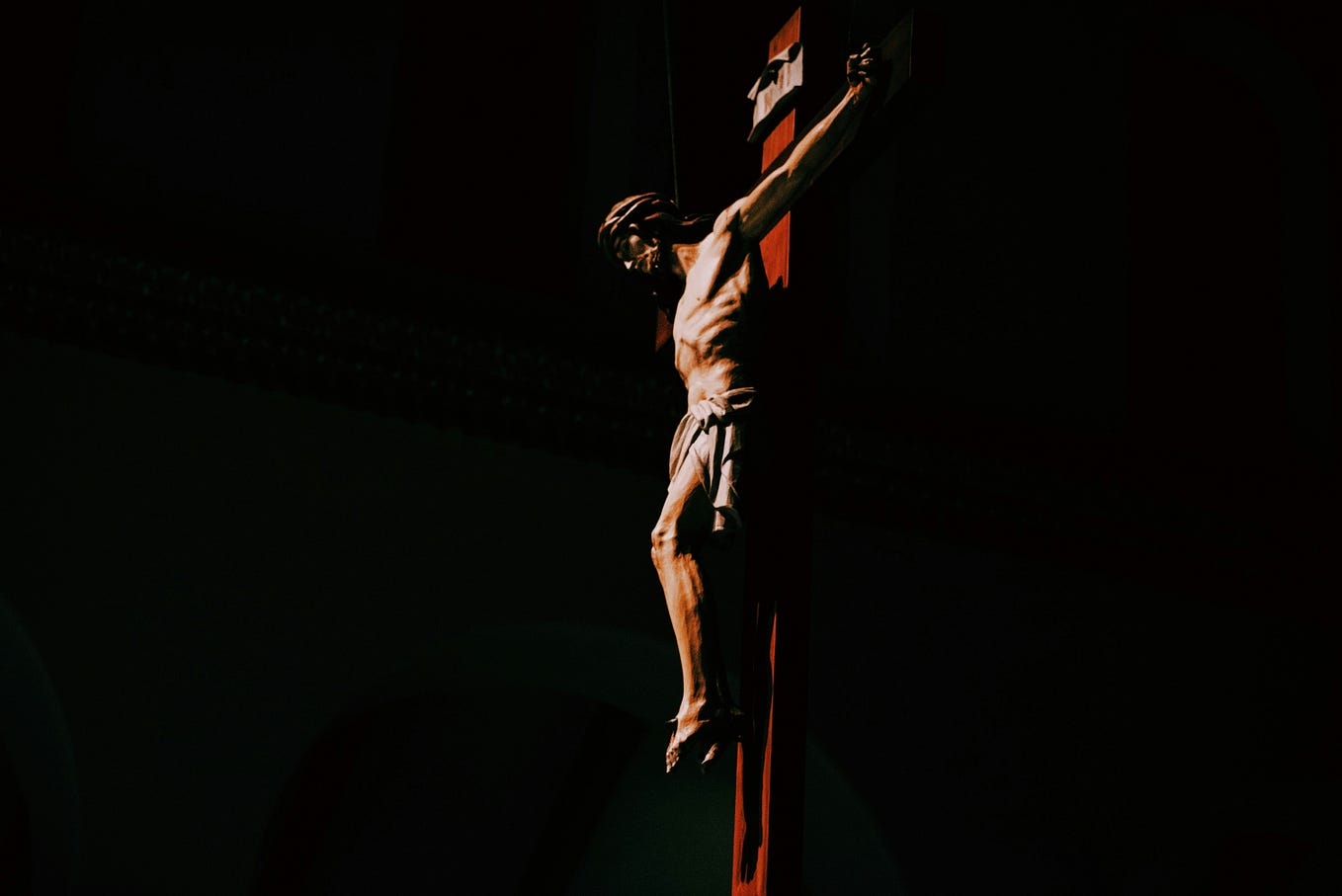
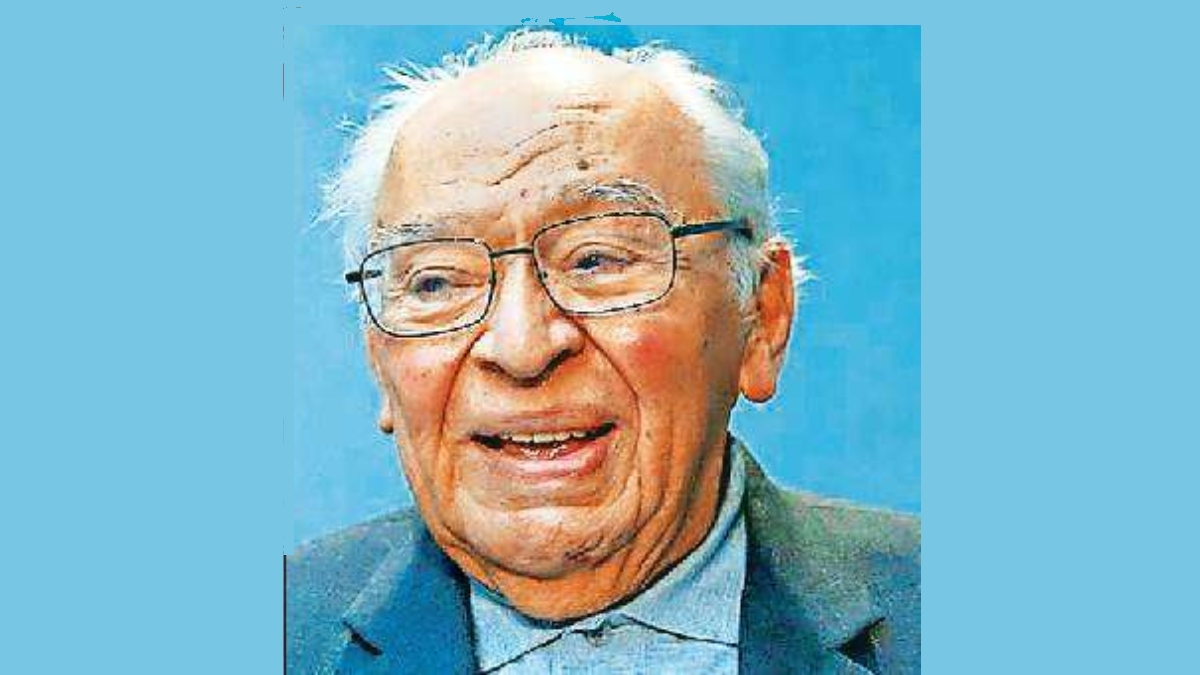
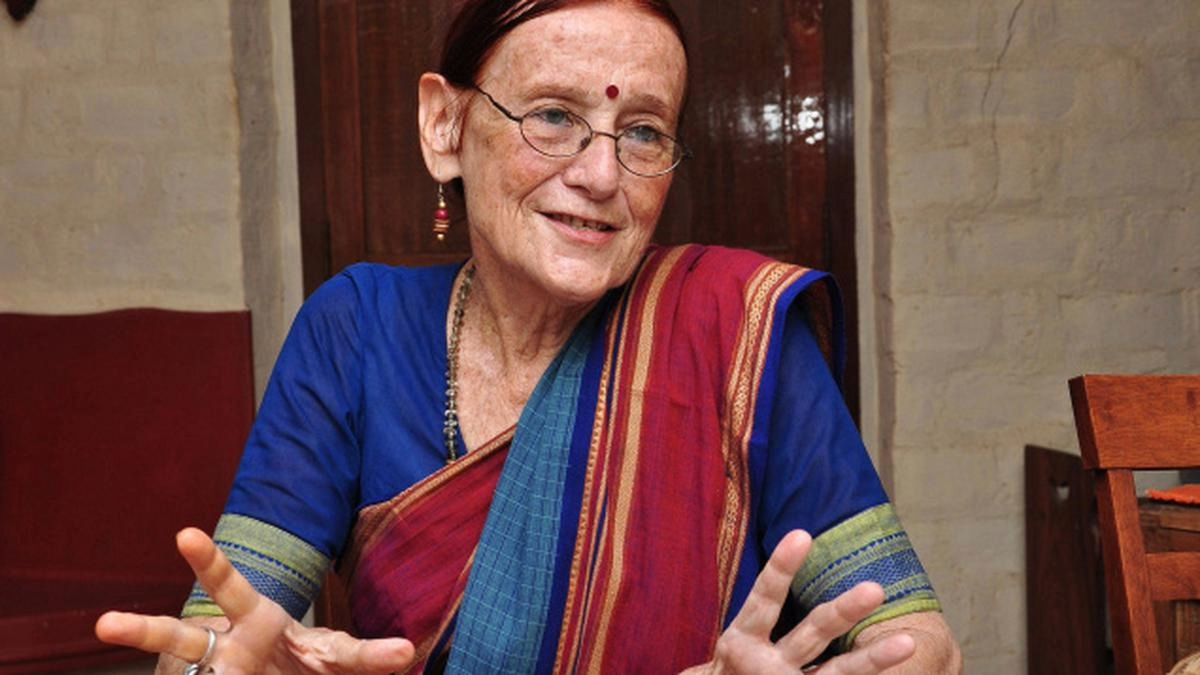
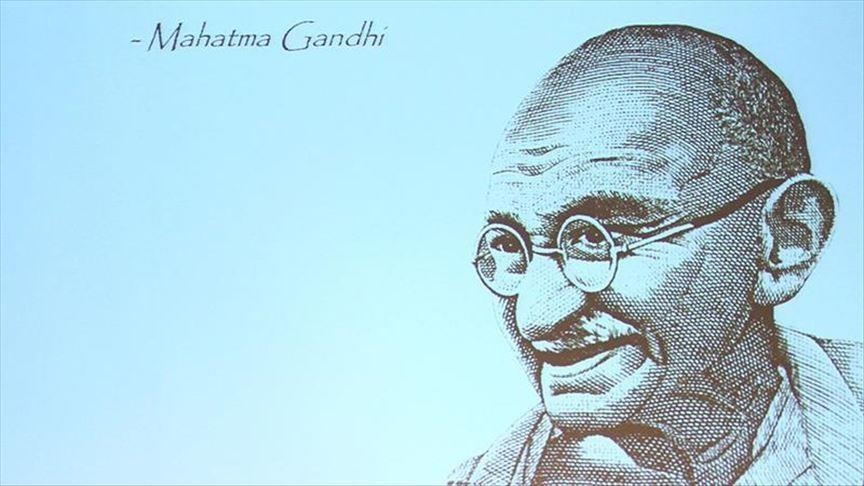
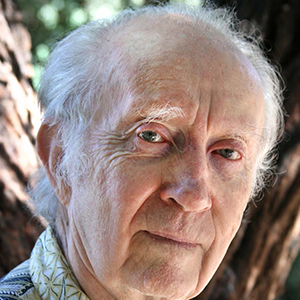
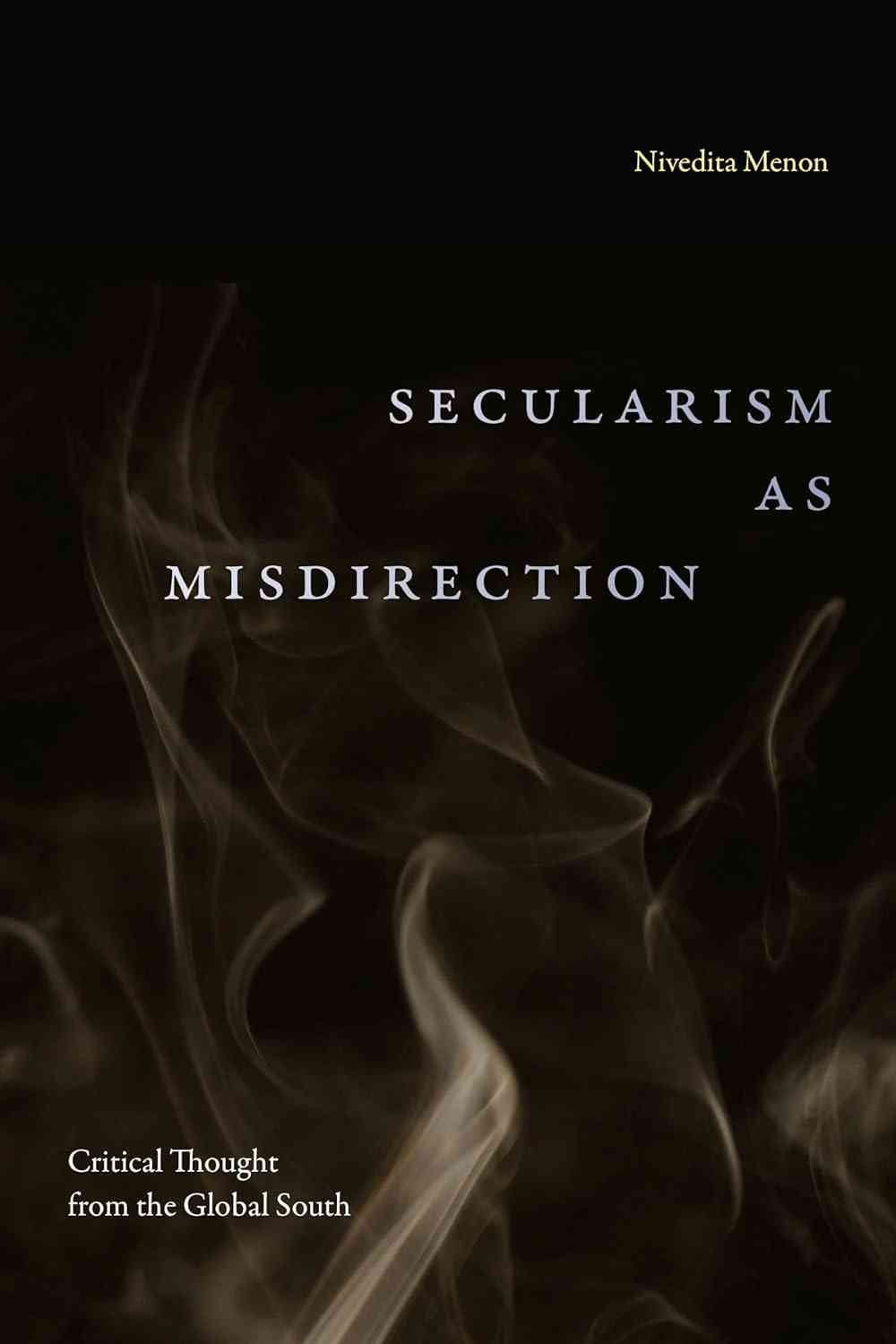

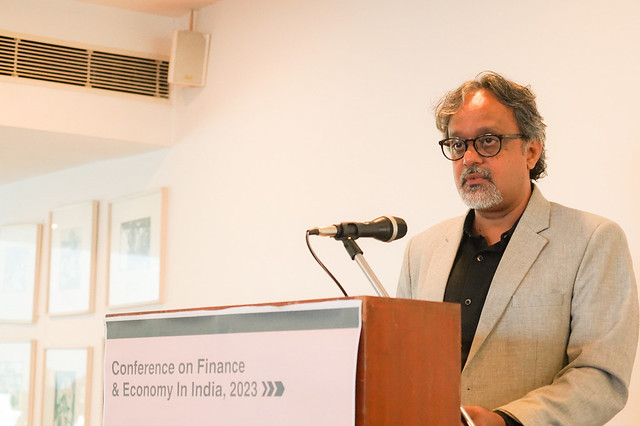


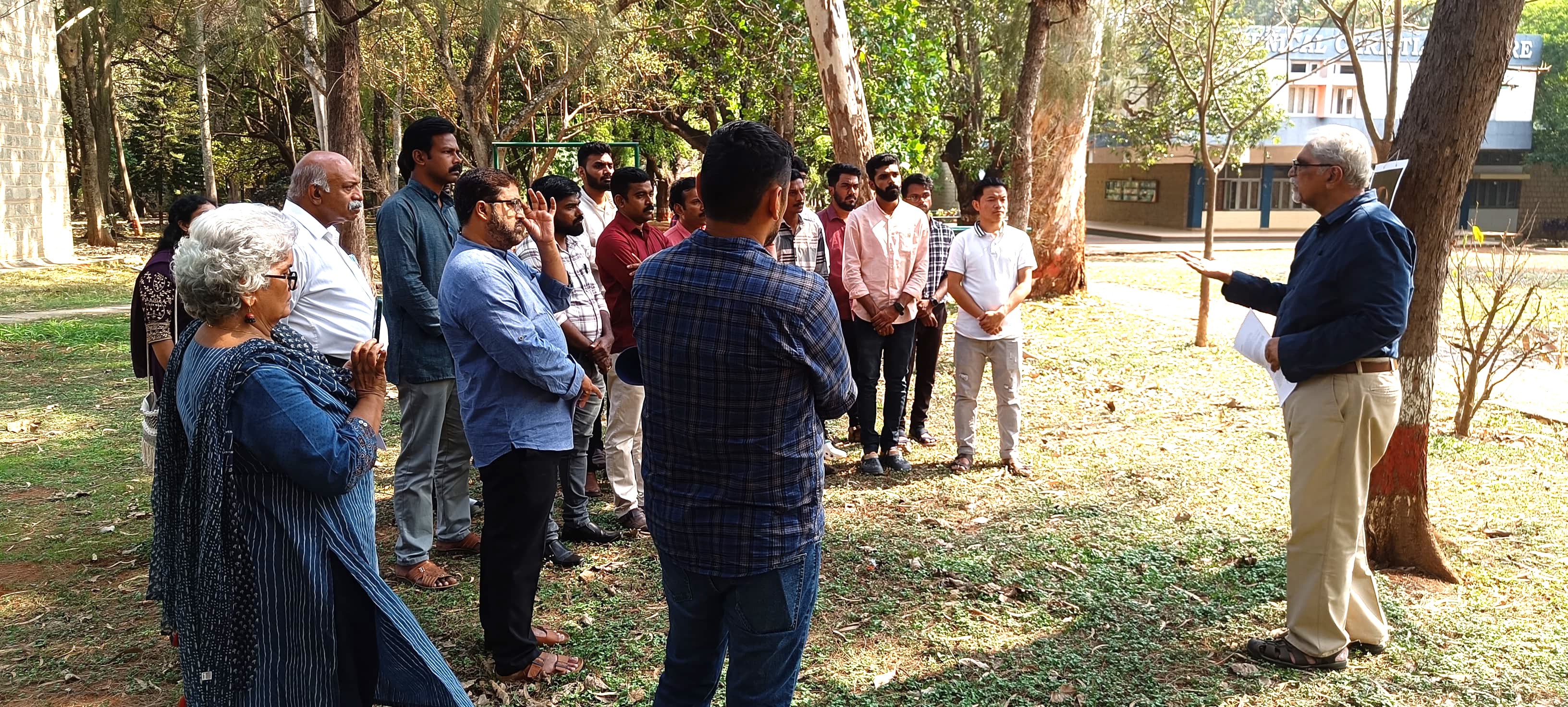
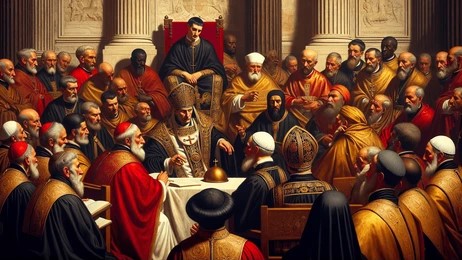
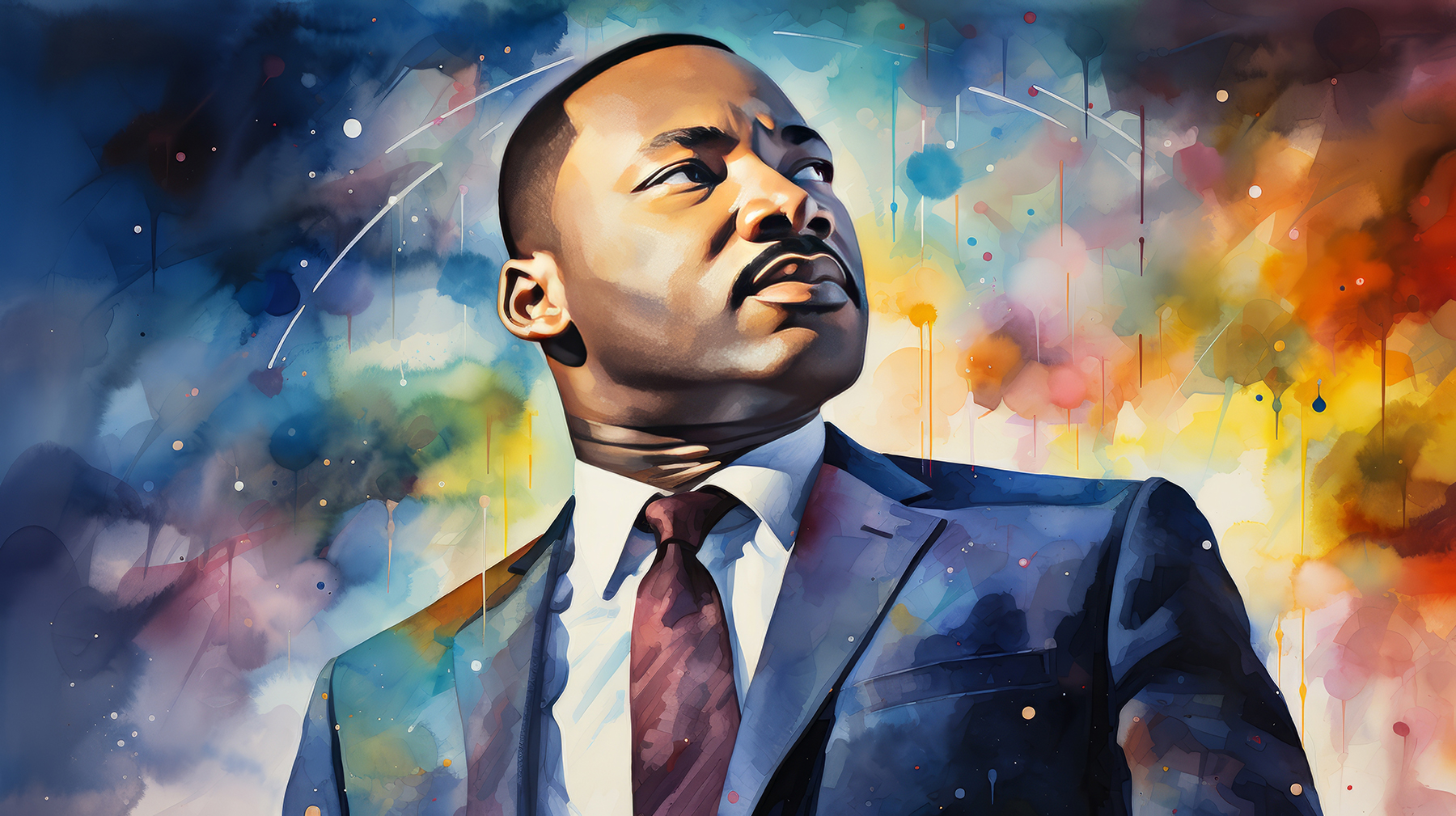
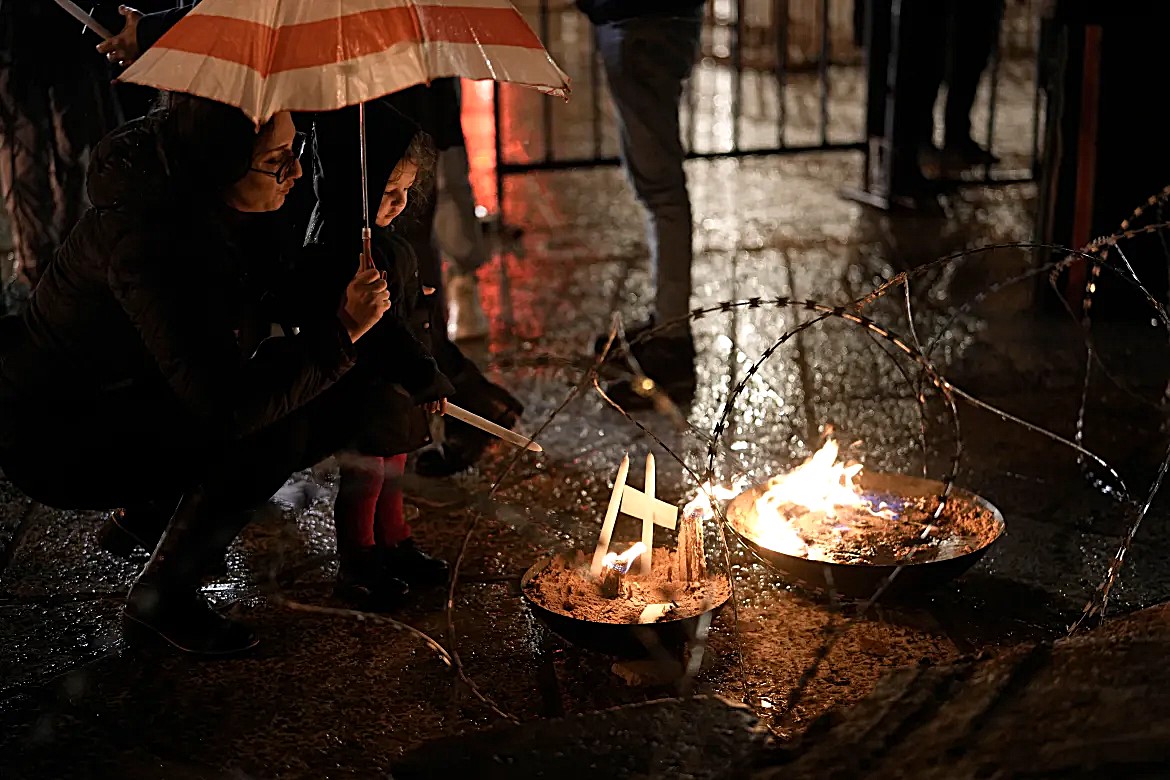
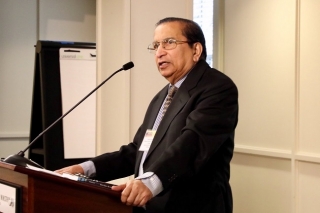
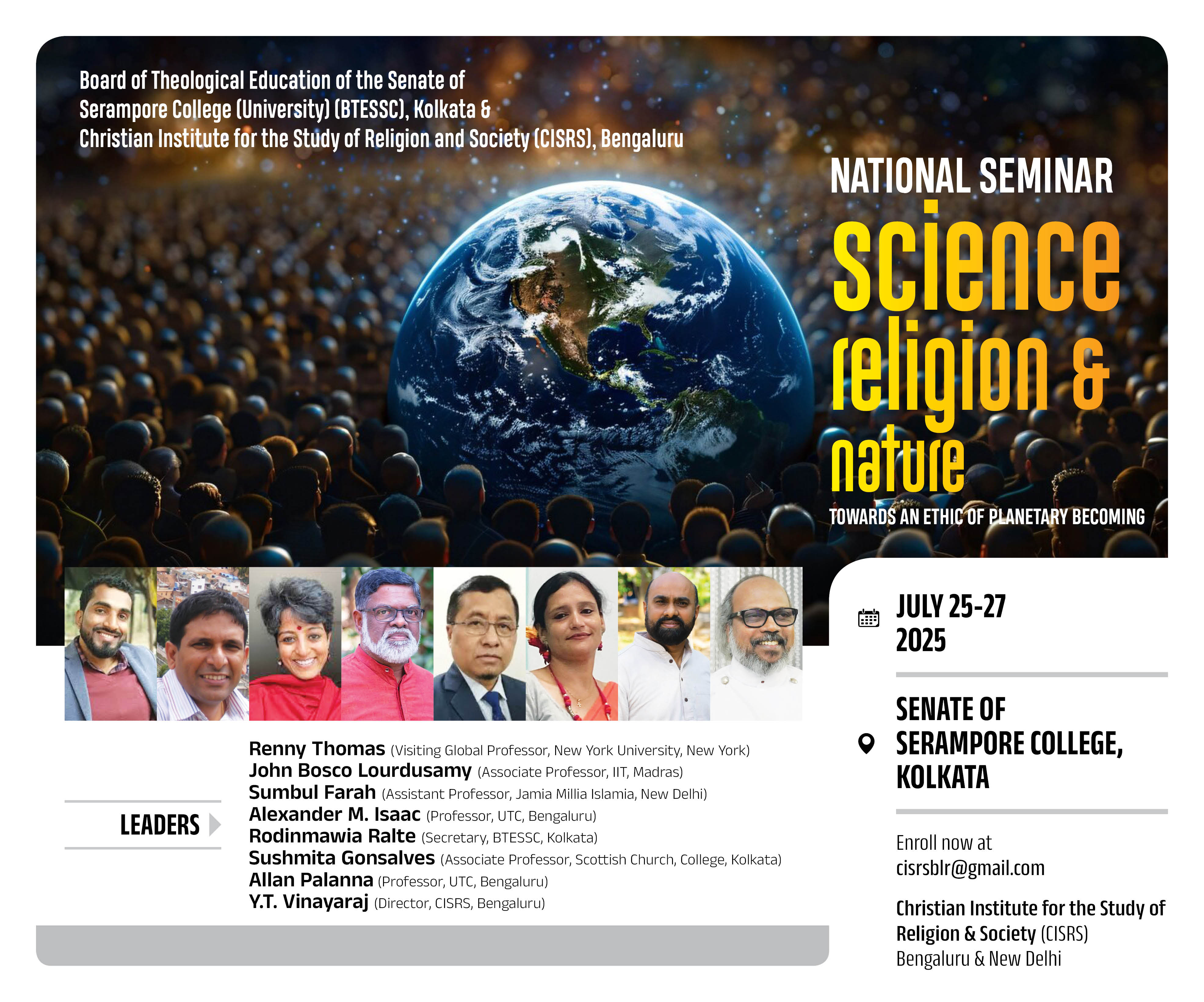

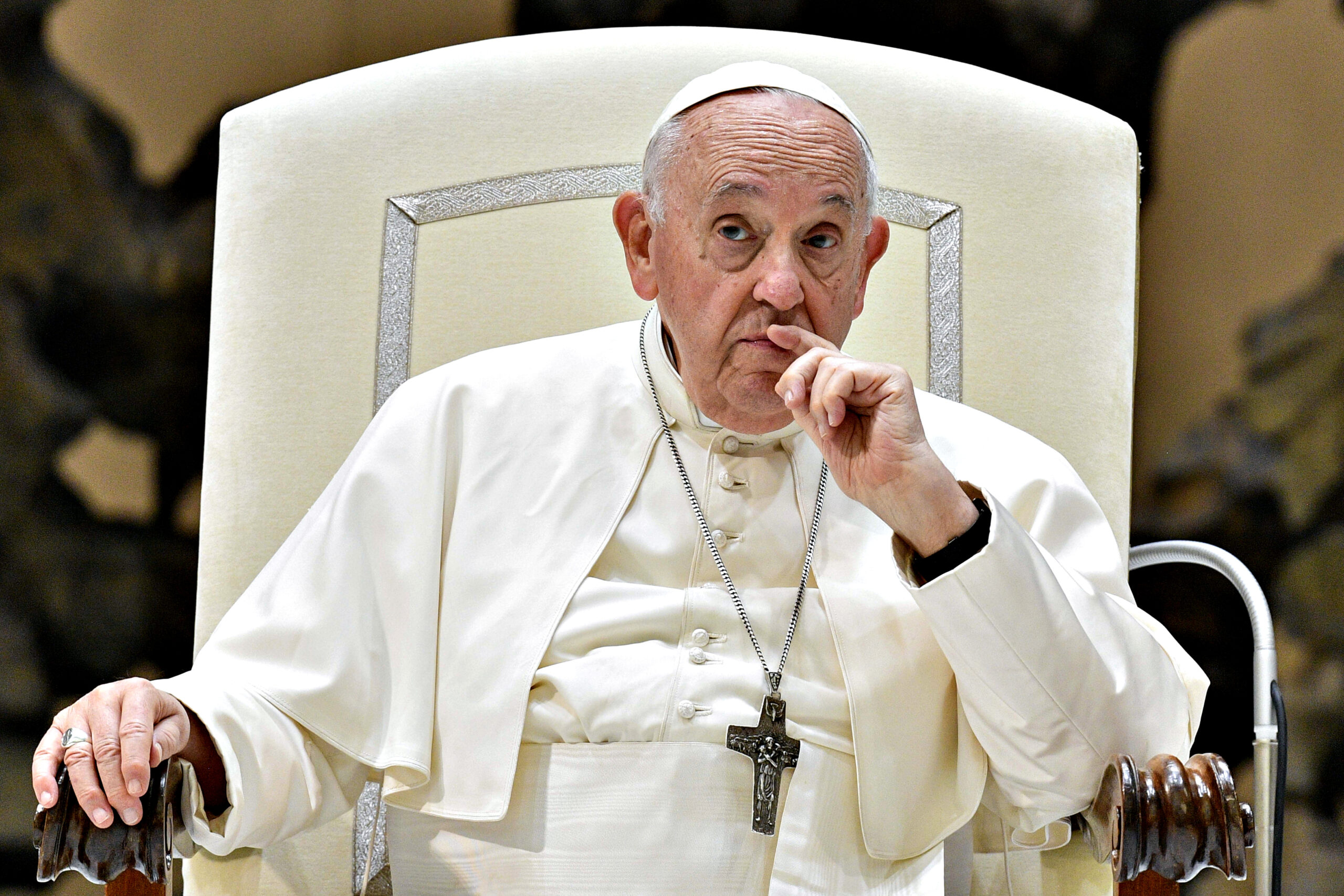

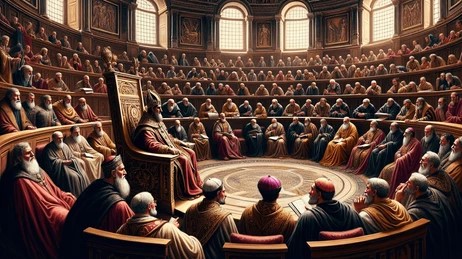
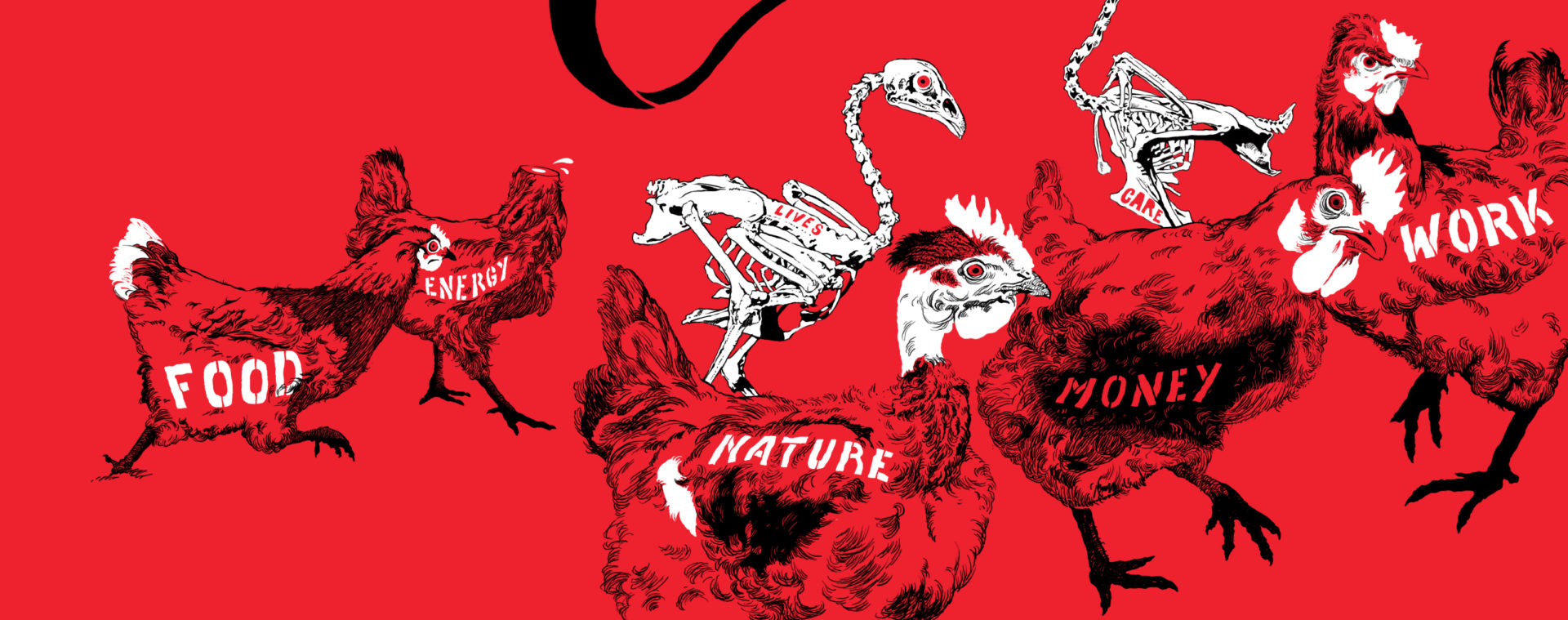
Comments
No Comments